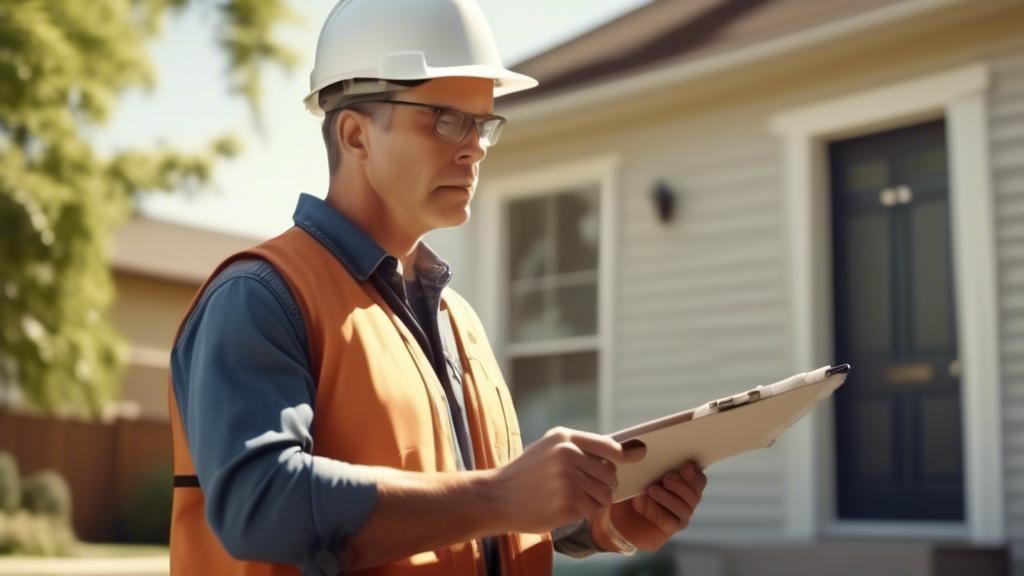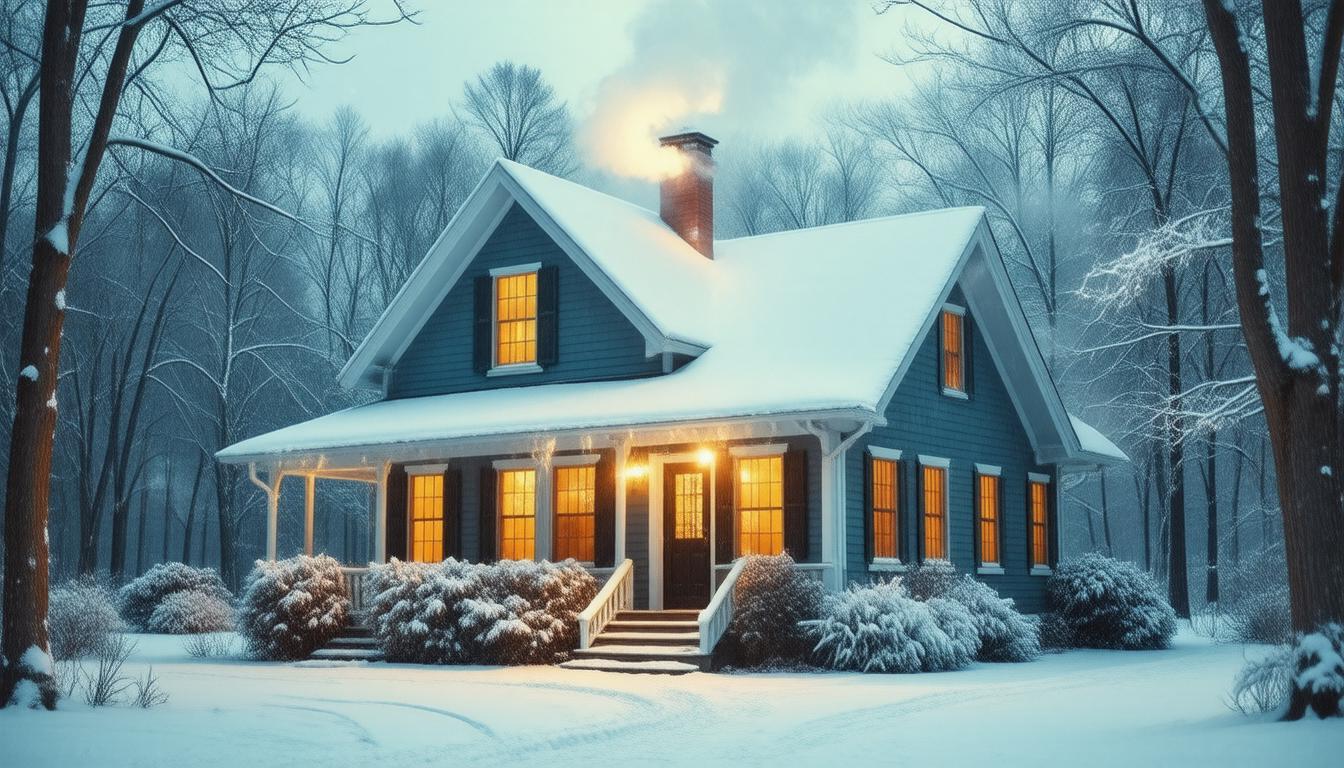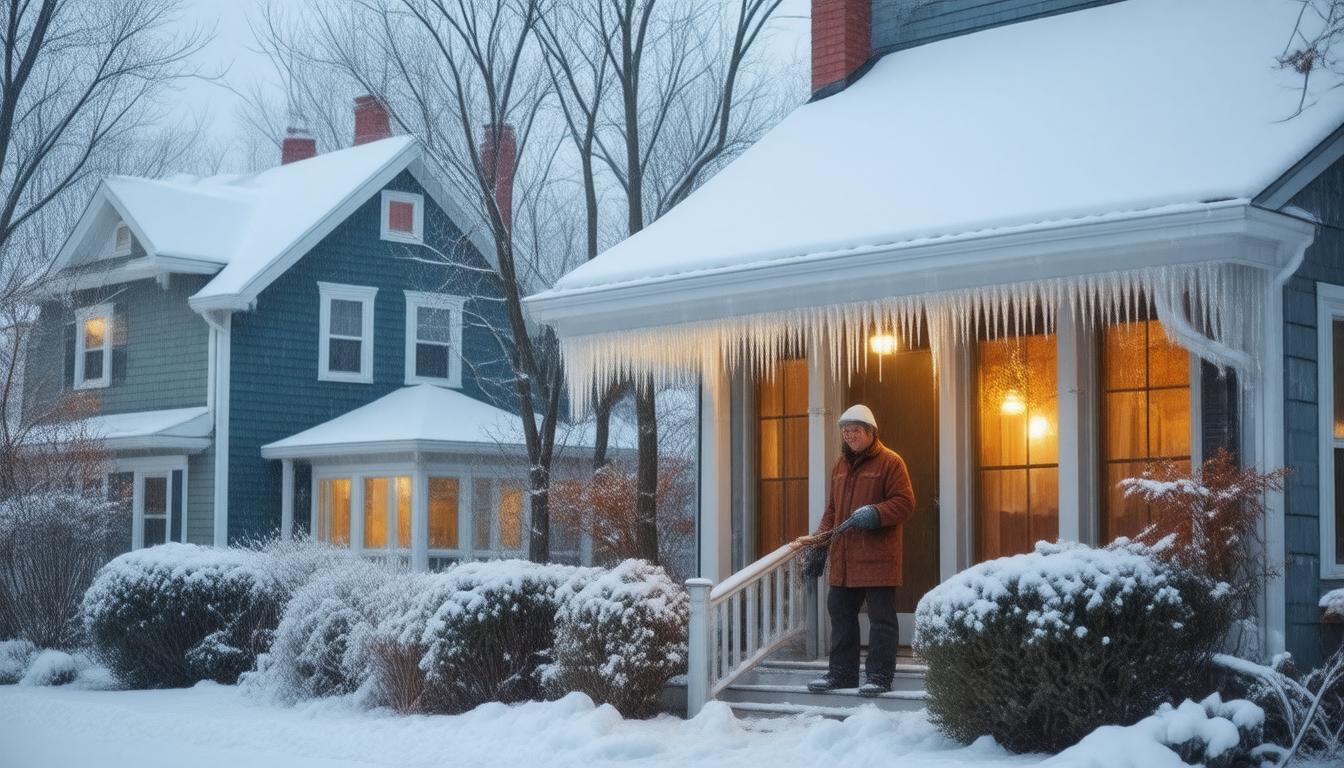

Introduction to Home Inspections
A home inspection is a crucial step in the process of buying or selling a property. It involves a professional inspector examining the physical structure and systems of a house, from the roof down to the foundation. Home inspections are designed to uncover hidden problems and provide both buyers and sellers with a comprehensive understanding of the property’s condition.
The Scope of a Home Inspection
Home inspections cover numerous components of a house. Inspectors look for structural issues, signs of pest infestation, problems with the roof, electrical systems, plumbing, HVAC (heating, ventilation, and air conditioning) systems, and more. Although inspections are thorough, they do not cover areas that are not easily accessible to the inspector such as areas behind walls or beneath floors.
Major Areas of Focus
Durang a typical home inspection, major components that are examined include:
- Structural Elements: Walls, floors, ceilings, roof trusses, and foundations.
- Exterior Evaluation: Wall covering, landscaping, grading, elevation, drainage, driveways, fences, sidewalks, fascia, trim, doors, windows, and lights.
- Roof and Attic: Framing, ventilation, type of roof construction, flashing and gutters. It does not include a guarantee of roof condition nor a roof certification.
- Plumbing: Identification of pipe materials used for potable, drain, waste and vent pipes, including condition. Toilets, showers, sinks, faucets, and traps. It does not include a sewer inspection.
- Systems and Components: Water heaters, furnaces, air conditioning, duct work, chimney, fireplace, and sprinklers.
- Electrical: Main panel, circuit breakers, types of wiring, grounding, exhaust fans, receptacles, ceiling fans, and light fixtures.
- Appliances: Dishwasher, range and oven, built-in microwaves, garbage disposal, and smoke detectors.
What Inspectors Will Not Check
It’s important to understand that a home inspector does not evaluate inaccessible areas of the home, appraise property value, or inspect items outside of their expertise such as pools, septic systems, or determine the presence of asbestos or radon. Specialized inspections can be conducted for these items.
What to Expect During the Inspection Process
Home inspections typically last between two to four hours, depending on the size and condition of the home. Buyers are encouraged to attend the inspection so that they can ask questions, learn about the maintenance of the home, and receive a real-time evaluation.
Before the Inspection
Ensure that all areas are accessible, including the basement, attic, and any utility rooms. It is advisable for homeowners to clear obstructions around key components such as the furnace, water heater, and main water line.
During the Inspection
The inspector will examine the property’s structure, systems, and physical components. Photographs may be taken, and discussions about the condition of the house and how systems work may be held. Remember, an inspector can provide lots of useful information about the future care and maintenance of the property.
After the Inspection
The home inspector will compile their findings into a detailed report that outlines the condition of the home and any repairs that may be necessary. This report helps potential buyers make informed decisions and negotiate repairs or adjustments to the sale price based on the findings.
How to Prepare for a Home Inspection
For sellers, preparing for a home inspection can lead to a smoother transaction. Clean the house, remove any clutter blocking access to areas needing inspection, and replace burned-out light bulbs. Ensure systems like the furnace and air conditioning are operational and provide copies of maintenance or repair documents.
Conclusion
A home inspection is an essential component of buying and selling a home. By understanding what inspectors look for and how to prepare for the inspection, sellers can minimize the number of issues flagged for repair, and buyers gain confidence in their prospective purchase. Always choose a qualified inspector and consider attending the inspection for the most thorough understanding of your future home.







